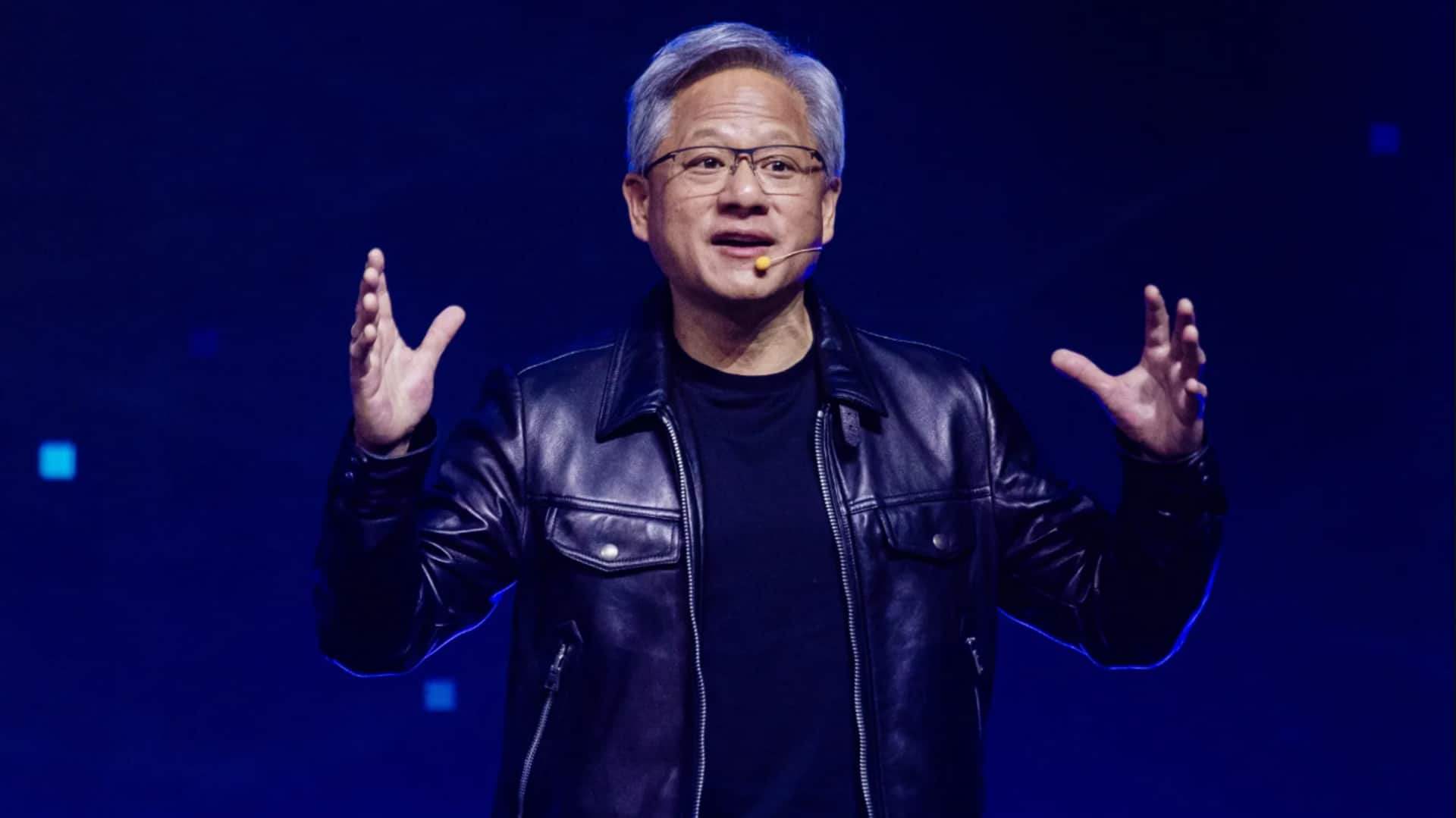
AI could lead to 4-day work weeks: NVIDIA CEO
What's the story
NVIDIA CEO Jensen Huang has said that artificial intelligence (AI) could pave the way for a four-day work week. Speaking on Fox Business Network's The Claman Countdown, Huang said we are "at the beginning of the AI revolution," a shift he compared to earlier industrial revolutions that changed societies forever. He argued that "every industrial revolution leads to some change in social behavior," and a transition to shorter work weeks could be one such change.
Future outlook
AI will free up time for new ideas, leaders
Huang doesn't think shorter work weeks will slow down our lives. He believes AI's real impact will be to free up time for companies and leaders to pursue more ideas, not fewer. "I have to admit that I'm afraid to say that we are going to be busier in the future than now," Huang said, predicting that higher productivity will lead to new opportunities and more ambitious goals.
Research findings
Trials in multiple countries show productivity can be maintained
Huang's prediction isn't without evidence. Trials in the UK, US, and Canada have shown that workers can achieve the same output in 33-34 hours, with productivity rising by as much as 24%. Burnout rates have halved, turnover has fallen, and sick days have dropped dramatically. In the Netherlands, a 32-hour standard week is already common, with employees and employers resisting any return to longer hours.
Market performance
NVIDIA's record growth and market cap surge
Huang's comments come as NVIDIA continues to report record growth, with $46.7 billion in quarterly earnings and a market capitalization of over $4 trillion. The demand for its AI chips is rising, especially for the new Blackwell Ultra (GB300) architecture. Data centers worldwide are preparing for an estimated $3-$4 trillion of investment in AI infrastructure this decade, according to Huang's estimates.